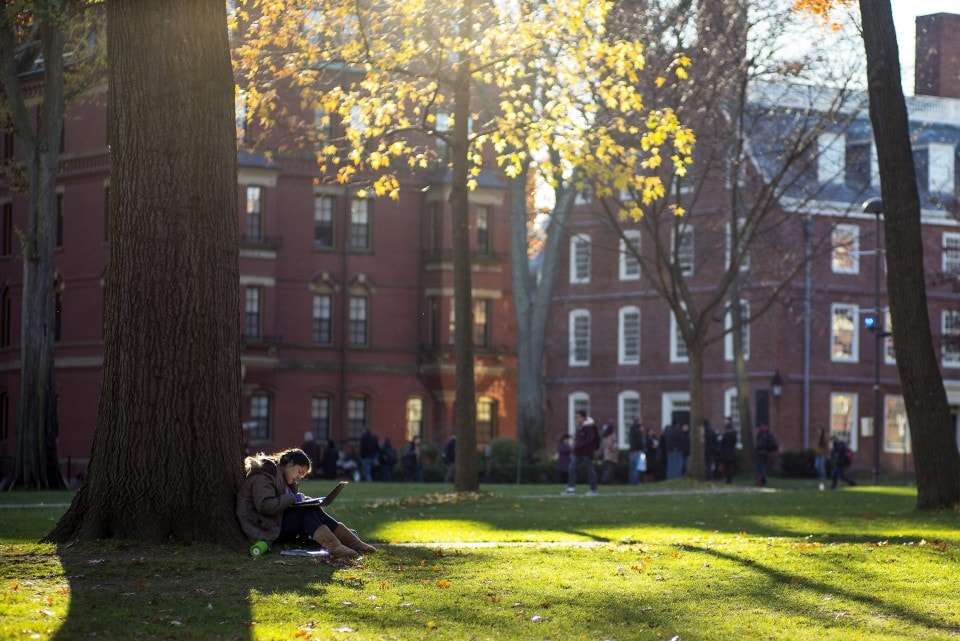Against campus echo chambers

In the wake of the election, Nicholas Kristof returns to the subject of ideological echo chambers on college campuses. He writes:
I share apprehensions about President-elect Trump, but I also fear the reaction was evidence of how insular universities have become. When students inhabit liberal bubbles, they're not learning much about their own country. To be fully educated, students should encounter not only Plato, but also Republicans.
We liberals are adept at pointing out the hypocrisies of Trump, but we should also address our own hypocrisy in terrain we govern, such as most universities: Too often, we embrace diversity of all kinds except for ideological. Repeated studies have found that about 10 percent of professors in the social sciences or the humanities are Republicans.
We champion tolerance, except for conservatives and evangelical Christians. We want to be inclusive of people who don't look like us - so long as they think like us.
Citing work by Cass Sunstein on the effect of ideological diversity on three-judge panels, Kristof discusses how ideological uniformity promotes group-think and the uncritical adoption of more extreme views. It also encourages the adoption of unwarranted assumptions about those outside of the bubble. It's no wonder, as Kristof notes, that surveys find academics in many fields are willing to discriminate against evangelicals or others with non-conforming world views.
Discrimination against those with non-progressive views is not the only cause of ideological imbalance within universities. Self-selection certainly plays a role too. But discrimination certainly occurs. When I was on the job market, I was told by members of the hiring committees at several schools that I was opposed by other committee members because of my political views. At my own school, one individual (who is no longer on the faculty) opposed faculty candidates who clerked for the "wrong" Supreme Court justice.
Another factor in the ideological uniformity of college campuses is that faculties tend to replicate themselves. Left to their own devices, most people tend to be more comfortable with people who share their interests, experiences and perspectives. Thus, unless a conscious effort is made to expand search criteria or combat unconscious or inadvertent bias, a faculty dominated by progressive white males will tend to hire more progressive white males.
The answer, as Kristof notes, is not some form of "affirmative action" for conservatives, insofar as that means differential standards or quotas. But it does mean taking stated commitments to viewpoint diversity seriously. Writes Kristof: "I do think we can try harder to recruit job applicants who represent diverse views, to bring conservative speakers to campuses and to avoid a hostile work environment for conservatives and evangelicals."
Such changes would improve the intellectual environment on campus. They would also, Kristof notes, make progressives more effective. It's hard to defeat political opposition that you don't understand - and it's hard to really understand perspectives that one doesn't encounter. Says Kristof: "We will fight back more effectively if we are less isolated."
I would suggest taking ideological and viewpoint diversity more seriously is also in the more immediate self-interest of academic institutions, state schools in particular. As events in Wisconsin show, state legislatures are taking a harder look at the financial support they provide universities. I would not be surprised if the Trump administration or Congress considers this question as well. If universities are so ideologically insular and unrepresentative, they might ask, why are they worthy of government support? Why should taxpayers in red states pay to support ideological islands of blue? Economic arguments about the value of education only go so far.
Kristof concludes:
It's ineffably sad that today "that's academic" often means "that's irrelevant." One step to correcting that is for us liberals to embrace the diversity we supposedly champion.
